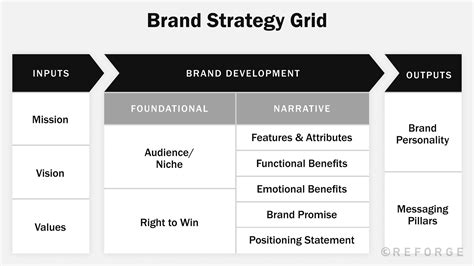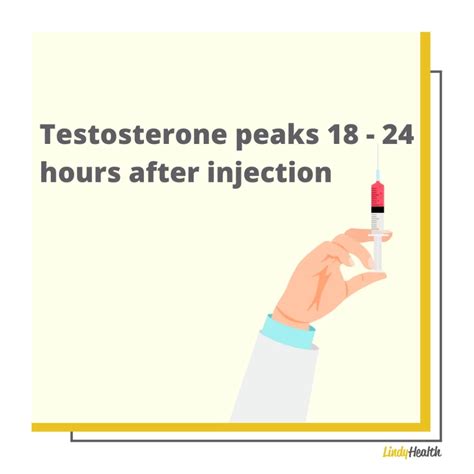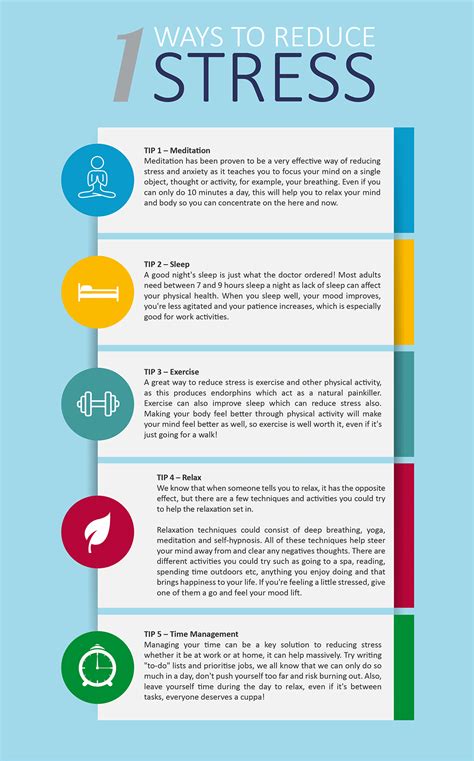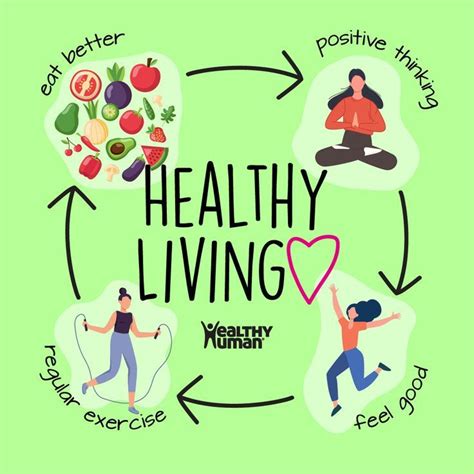Strategies to naturally boost testosterone for strength & vitality?

Understanding Testosterone and Its Importance
Testosterone, often dubbed the ‘male hormone,’ plays a crucial role in more than just reproductive health. It influences muscle mass, bone density, fat distribution, red blood cell production, mood, and energy levels. As men age, testosterone levels naturally decline, which can lead to a range of symptoms including fatigue, reduced libido, decreased muscle mass, and even mood disturbances. Fortunately, several natural strategies can help optimize your body’s testosterone production, fostering greater strength and vitality without relying on synthetic interventions.

Dietary Foundations for Hormone Health
What you eat significantly impacts your hormone balance. A well-rounded diet is fundamental for healthy testosterone levels.
- Healthy Fats: Don’t shy away from healthy fats! Monounsaturated and polyunsaturated fats (found in avocados, nuts, olive oil, and fatty fish) are crucial for hormone production. Saturated fats in moderation can also play a role.
- Protein Intake: Adequate protein is essential for muscle maintenance and growth, which indirectly supports healthy testosterone. Focus on lean meats, poultry, fish, eggs, and plant-based protein sources.
- Carbohydrates: While low-carb diets are popular, extremely restrictive carbohydrate intake can sometimes negatively impact testosterone. Complex carbs from whole grains, fruits, and vegetables provide the energy needed for workouts and recovery, which are vital for hormone health.
- Micronutrients: Zinc and Vitamin D are particularly important. Zinc is involved in testosterone synthesis, while Vitamin D acts as a steroid hormone in the body, with studies showing a correlation between adequate levels and higher testosterone. Incorporate zinc-rich foods like oysters, beef, and pumpkin seeds, and get sufficient sunlight or supplement with Vitamin D.
Exercise Smart, Not Just Hard
Physical activity is a powerful testosterone booster, but the type and intensity matter.
- Strength Training: Lifting weights, especially compound movements like squats, deadlifts, bench presses, and rows, has been shown to significantly increase testosterone levels. Aim for consistency and progressive overload.
- High-Intensity Interval Training (HIIT): Short bursts of intense exercise followed by brief recovery periods can also be highly effective for boosting testosterone and growth hormone.
- Avoid Overtraining: While exercise is good, excessive or prolonged endurance training (like marathon running) without adequate recovery can sometimes lead to a drop in testosterone and an increase in cortisol (a stress hormone). Balance intensity with rest.

The Critical Role of Quality Sleep
Sleep is often overlooked but is one of the most vital components for hormone regulation. Testosterone production primarily occurs during deep sleep.
- Aim for 7-9 Hours: Consistent, good-quality sleep is non-negotiable. Chronic sleep deprivation can drastically lower testosterone levels.
- Establish a Routine: Go to bed and wake up around the same time each day, even on weekends, to regulate your circadian rhythm.
- Optimize Your Sleep Environment: Ensure your bedroom is dark, quiet, and cool. Avoid screens before bed, as blue light can interfere with melatonin production.

Managing Stress and Its Impact
Chronic stress elevates cortisol levels, a hormone that can directly suppress testosterone production. Effective stress management is key to maintaining hormonal balance.
- Mindfulness and Meditation: Practices like meditation, deep breathing exercises, and yoga can significantly reduce stress and lower cortisol.
- Hobbies and Relaxation: Engage in activities you enjoy that help you unwind, whether it’s reading, spending time in nature, or listening to music.
- Social Connection: Strong social ties and a sense of community can act as a buffer against stress.

Lifestyle Tweaks for Optimal Health
Beyond the core pillars, a few other lifestyle factors can support healthy testosterone levels.
- Maintain a Healthy Weight: Obesity, especially excess abdominal fat, is strongly linked to lower testosterone. Losing weight, particularly through diet and exercise, can significantly improve hormone profiles.
- Limit Alcohol Consumption: Excessive alcohol intake can interfere with hormone production and metabolism. Moderate consumption is generally acceptable, but heavy drinking should be avoided.
- Consider Adaptogens (with caution): Certain herbs, known as adaptogens, like Ashwagandha, have shown promise in some studies for reducing stress and potentially improving testosterone. Always consult a healthcare professional before adding supplements to your routine.

Conclusion
Boosting testosterone naturally is not about a quick fix but rather a holistic approach to health. By consistently implementing strategies related to diet, exercise, sleep, and stress management, you can create an environment in your body that supports optimal hormone production. This not only contributes to increased strength and vitality but also enhances overall well-being, mood, and quality of life. Embrace these lifestyle changes, and you’ll be well on your way to reclaiming your natural vigor.









